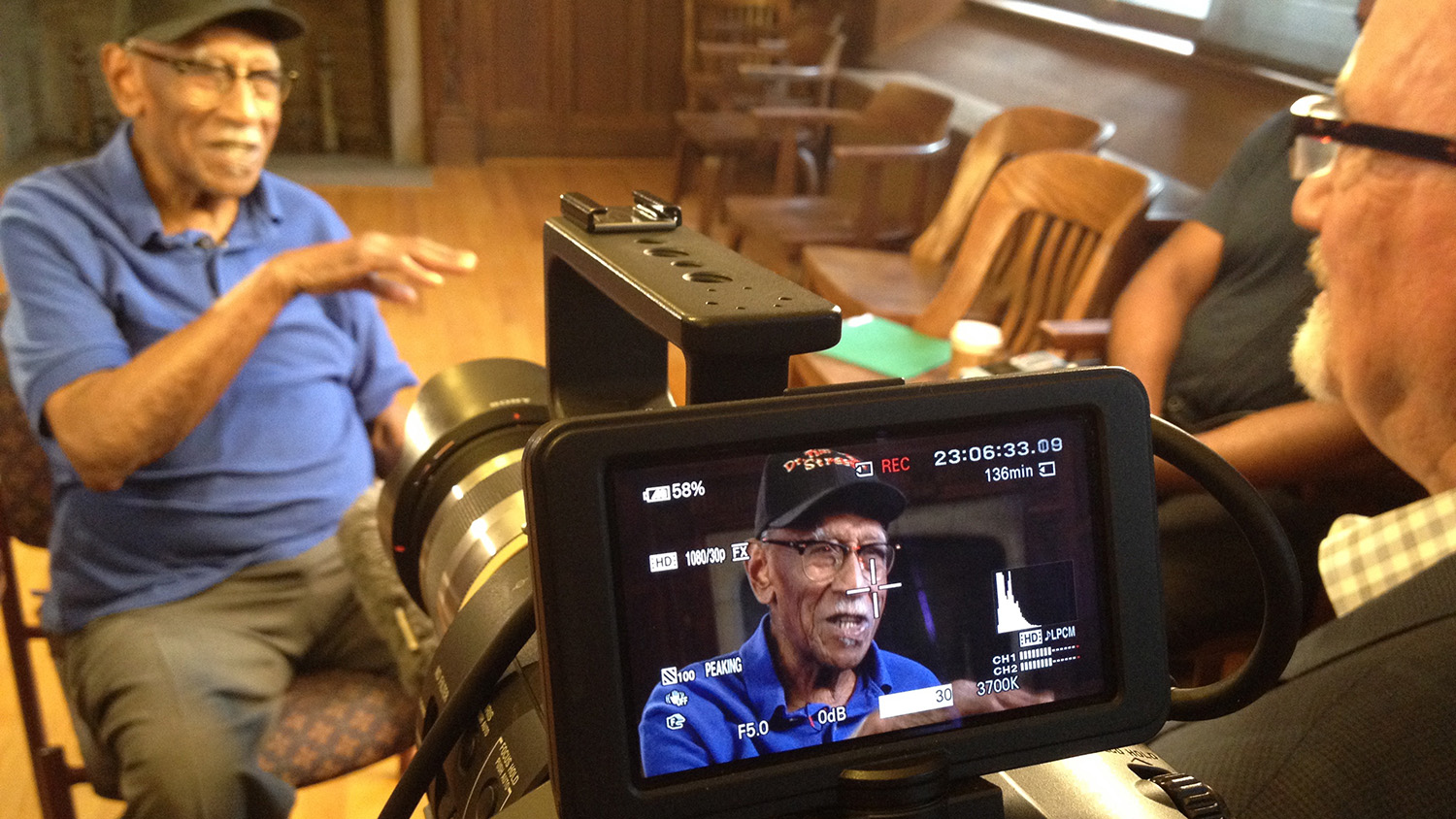Documentary Explores the Historical, Cultural Importance of African American Speech
For Immediate Release
Researchers and filmmakers from North Carolina State University are premiering a documentary film devoted to the history of African American speech, its cultural importance, and how it has shaped modern American English.
The film, Talking Black in America, will premiere at 7 p.m. on March 23 at the James B. Hunt Jr. Library on NC State’s Centennial Campus. Admission is free and open to the public. A trailer for the film can be viewed above.
“There has never been a documentary devoted exclusively to African American speech, even though it’s the most researched – and controversial – collection of dialects in the United States and has contributed more than any other variety to American English,” says Walt Wolfram, executive producer of the film and director of the Language and Life Project at NC State.
“The status of African American speech has been controversial for more than a half-century now, suffering from persistent public misunderstanding, linguistic profiling, and language-based discrimination,” Wolfram says. “We wanted to address that and, on a fundamental level, make clear that understanding African American speech is absolutely critical to understanding the way we talk today.”
The film is the culmination of a three-year effort by the Language and Life Project, but stems from more than five decades of research by Wolfram, a linguist who is also the William C. Friday Distinguished University Professor of English at NC State. [Note: a Q&A with Wolfram about the project, and his 50 years of research in the field, can be found here.]
“While developing the documentary, we collected a robust archive of footage related to African American life and language,” says Neal Hutcheson, a producer on the film. “For example, we have in-depth interviews with linguists, historians and African American cultural leaders. All of those interviews, and related transcripts, will be available to researchers.”
“We are also developing supplementary materials for educators who are interested in incorporating the film into their lesson plans or other educational efforts,” says Danica Cullinan, another producer on the film.
While the film will premiere at Hunt, it will be distributed national and internationally over the next year.
In the short term, the film will also be shown at 7 p.m. on April 4 as a part of the common-book event “Hearing is Believing” in Witherspoon Hall on NC State’s main campus. That screening will be followed by a panel discussion of how prejudice regarding language and dialect can have ramifications in the criminal justice system.
The film will then be shown at college campuses around the country. A list of screening dates and locations can be found here.
“We are also planning a four-part documentary miniseries that delves deeper into history, education, diversity and performance related to African American language,” Wolfram says.
Talking Black in America was developed with support from the National Science Foundation, under grant number BCS-1247567.
-shipman-
- Categories:



